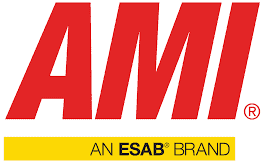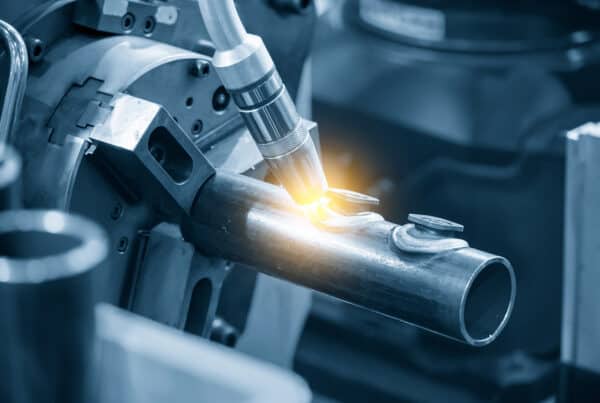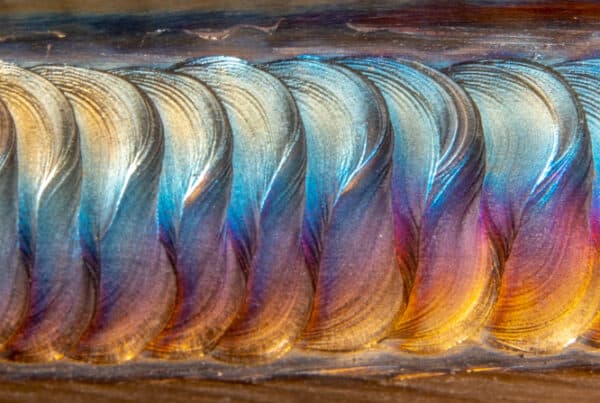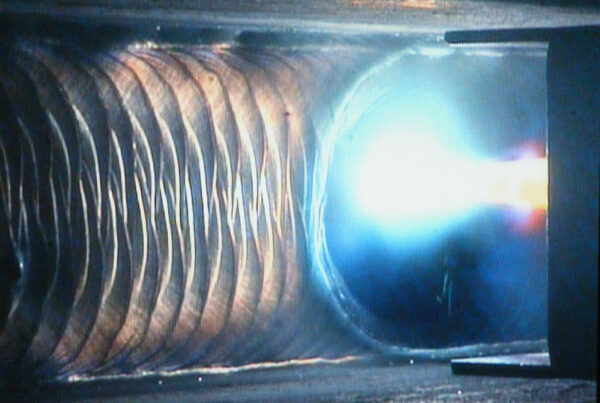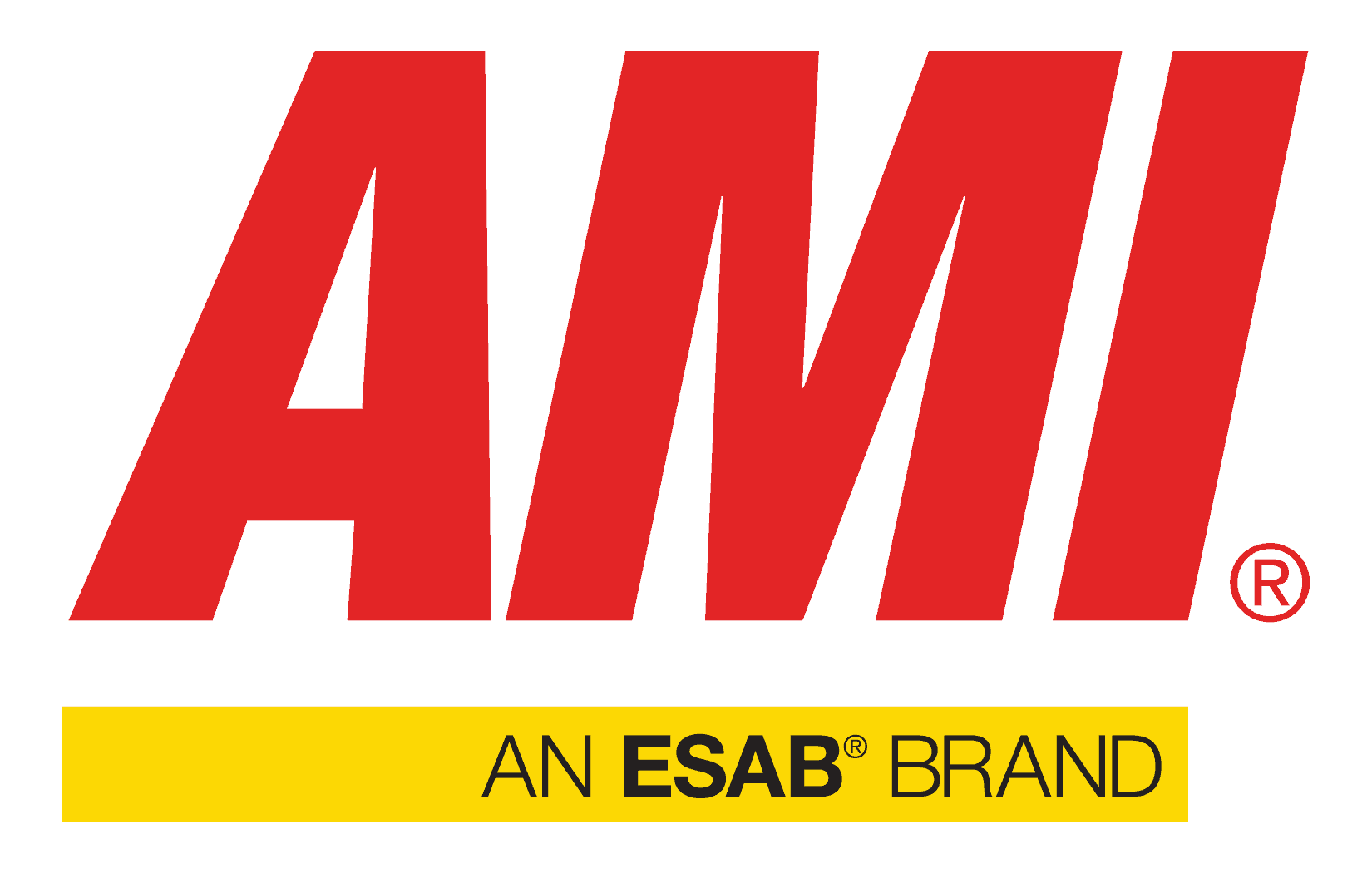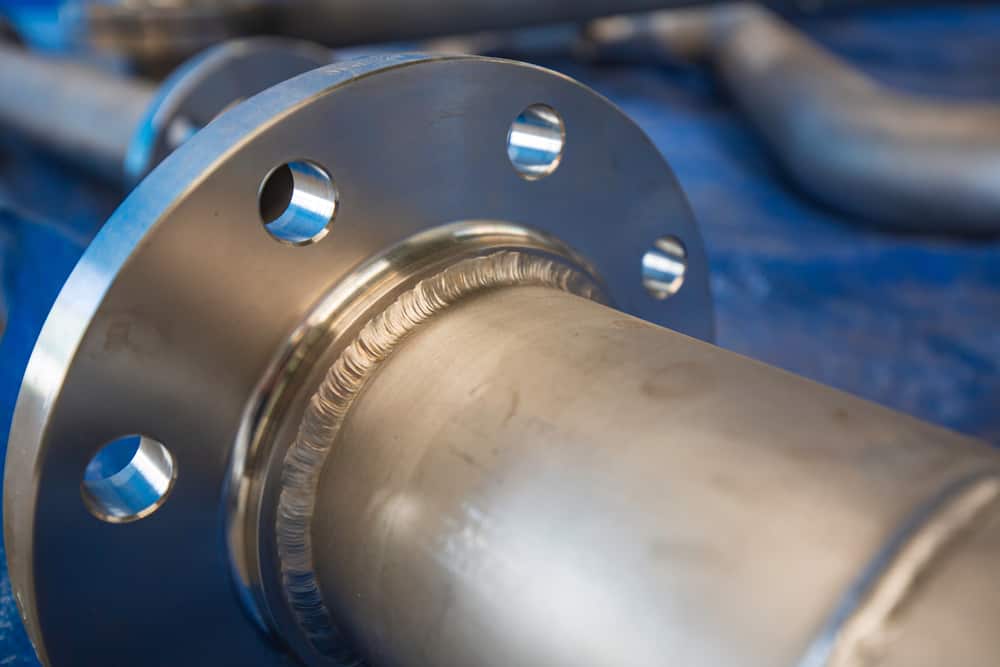
Materials in the oil and gas industry (and other chemical processing industries) should offer resistance to corrosion, high temperature, and high pressure. Additionally, they should possess excellent strength characteristics and be easy to fabricate. Carbon steel has been the industry standard for piping and tubing, but it can be corrosive when exposed to adverse conditions. Consequently, corrosion resistance is fundamental consideration when enhancing a component’s operating life.
Most corrosion-resistant alloys are nickel-iron alloys or copper-nickel alloys that offer many advantages. In this article, we will discuss these alloys and their characteristic properties.
Discussing Corrosion Resistant Alloys
As the name suggests, corrosion-resistant alloys enhance the material’s anti-corrosive properties. These alloys are used reliably in industries that process chemicals or stipulate sanitary requirements. Alloying elements include nickel, chromium, titanium, molybdenum, iron, and manganese. They form the following group of alloys commonly used across industries:
Nickel-Iron Alloys
The nickel-iron alloy contains nickel and iron as its primary elements. This chemical composition can produce notable grades of stainless steel (200 and 300 series austenitic stainless steel) or other nickel alloy steels. This corrosion-resistant alloy offers the following advantages:
- Nickel (may range from 35 to 80 wt%) adds its corrosion resistance to the formidable strength of iron.
- The alloy exhibits a face-centered cubic structure with the ductility needed for machining, fabricating, and welding.
- Small amounts of chromium, molybdenum, or titanium can easily combine with nickel to help achieve the ideal properties for unique applications.
- These elements are widely available at a reasonable cost.
The common ferronickel composition (i.e., 35% nickel and 65% iron) displays the following properties:
| Properties | Metric value |
|---|---|
| Melting point | 1500℃ |
| Boiling point | 2900℃ |
| Density | 3.8g/㎤ |
Copper-Nickel Alloys
This group of alloys uses copper and nickel as base elements. These alloys offer beneficial mechanical properties and are highly resistant to corrosion. Similar to the nickel-iron alloy, the inclusion of additional elements like manganese, titanium, or silicon can enhance the alloy’s properties. For instance, the addition of manganese and silicon can improve the metal’s strength and castability. Titanium and niobium can reduce porosity issues in the weld and improve weldability.
Copper-nickel alloys exhibit the following properties:
| Properties | CuNi 90/10 | CuNi 70/30 |
|---|---|---|
| Density (g/c㎥) | 8.94 | 8.94 |
| Melting temperature range (℃) | 1100 – 1150 | 1180 – 1240 |
| Coefficient of expansion (C x 10^ -6) | 17 | 16 |
| Thermal conductivity (W/m.°K) | 50 | 30 |
| Modulus of elasticity (Mpa) | 126000 | 126000 |
These alloys are ideal for use in marine environments because they provide a protective layer to resist sensitivity to the seawater—especially when manganese and iron are included in the composition. In addition, the alloy also shows excellent thermal and dimensional stability at hot and cold temperatures.
Welding Corrosion Resistant Alloys
The above overview displays that a primary feature of these alloys is their ability to enhance corrosion resistance. But these alloys can offer much more. However, to retain the metallurgical properties of the alloy and to ensure excellent weld results, manufacturers must apply the correct welding process and parameters. For instance, when welding austenitic stainless steel, the filler metal used should possess low-carbon content (ideally 3 to 5%). The heat input should be maintained at lower than 50kJ/inch to prevent metallic segregation and avoid issues like porosity and cracking.
Since these alloys are used for specific industrial applications, a thorough understanding of the metallurgical properties of each and their operating conditions is essential when selecting the materials. Pairing the optimal corrosion-resistant alloy with the right welding process like orbital welding is sure to yield high-quality results.
Arc Machines, Inc. is a leading provider of high-quality orbital welding technologies that can provide the best results when welding corrosion-resistant alloys. To learn more about our products, contact sales@arcmachines.com. To develop a custom solution, contact us to arrange a meeting.
